Specificity in literature searching
Boolean phrases help acquire the correct literature
However, I was most interested in how they accessed clinical evidence at the point of care. Some said it was readily available at bed side and others said they had their assistants run their searches for them. Others said that they read at home or had new evidence emailed to them by predetermined groups of professionals packaging evidence.
Chances are, you have many options available to you at your institution of higher learning or applied clinical practice. But most people just go straight to Google, Bing, or Yahoo to get some quick information. If this is your chosen method, then try to use Boolean operators in your quick searches to improve the specificity (finding quality evidence) of your search queries.
1. When you put quotations, " " around words or a phrase, then only those words inside the quotations will be searched. And, because there are so many nebulous words in statistics, just type the word with parentheses. Ex: "Logarithmic transformation"
When typing out a phrase or series of words in quotations, the search will follow the words in the exact order you typed them into the search engine. "how to string a guitar," or "nearest pizza place" are good examples. The search would yield specific sites and information on those two queries due to the quotations.
2. The word, OR, requires that both terms in the search query appear in the webpage or document. Using OR broadens the search yield. It can also be used to link isomorphic, similar, and interdependent concepts.
The search "statistics" OR "precision" OR "measurement" could lead to a vast number of resources linking the three constructs and can lead to new understanding of how the three interact. If you are researching an abstract construct or phenomena, the OR statement can pay vast dividends as you search the literature.
3. The word, AND, is the default of the Boolean system and is used to separate other Boolean operators. With more use of AND, the search yield will decrease. It is used to amalgamate the different "parts" of the search query together.
The search "hotel" AND "arena" AND "paid parking," will give you a very specific search result related to close hotels with valet services that are close to the local sport arena.
4. The words, AND NOT, will exclude anything following it in the search query. It is a good phrase to use after you have performed a few searches and have seen the same redundant sites or information pop-up. Doing this eliminates the possibility for any of the query after AND NOT from being searched.
5. Parentheses must be used with OR statements when there is another Boolean term in the search query.
For example: "hotel" AND "arena" AND (Marriott OR Hilton)
This would find you a hotel close to the arena that was either Marriott or Hilton.
5. The truncation, *, is a powerful search tool that will include all forms of the parent word.
For example: Isomorph* - isomorph, isomorphs, isomorphic, isomorphism, isomorphisms
These simple Boolean operators, OR, AND, AND NOT, parentheses, and truncations can yield much more specific (identifying the correct information needed from search) search finding.

